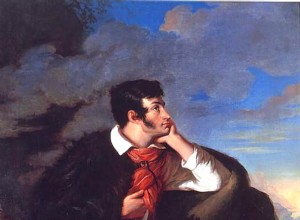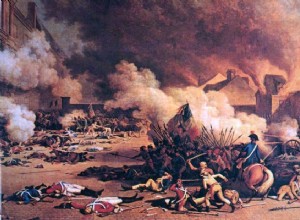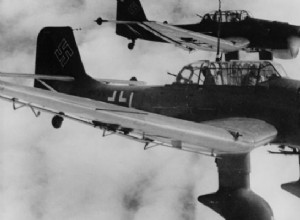We are the true depository of Christian values. We suffer the most. Of course, completely innocent. It is here that the ideals have survived in the most pristine, crystalline form ... It is we who will bring redemption to the world, claim the Poles. And the Russians. And the Ukrainians. And Serbs…




